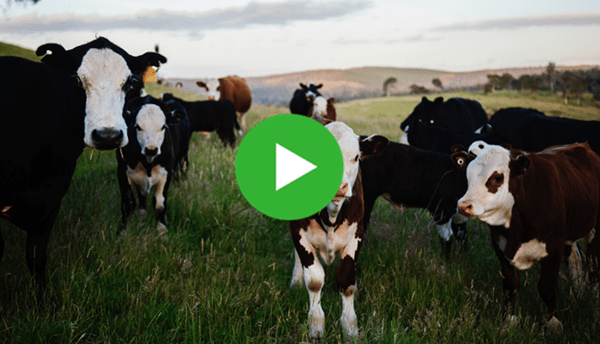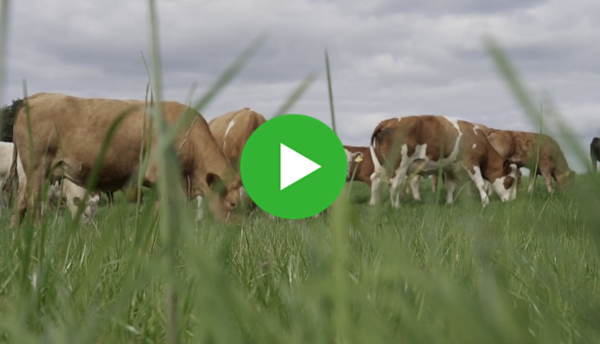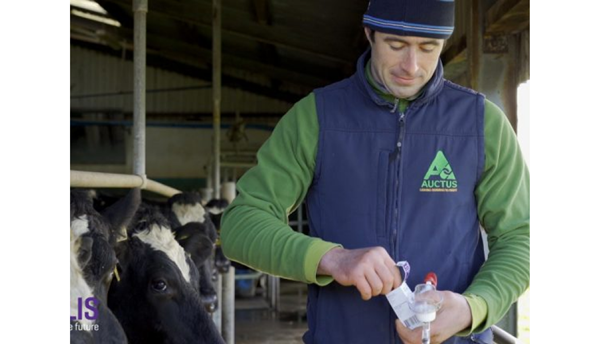

NEWS
Can cats cause abortion in my ewes?
12th August 2020
There are many infectious and non-infectious causes of abortion in ewes. However, one of the most commonly diagnosed agents can be introduced by our own farm cats.
Cats become infected with Toxoplasma gondii when they eat infected prey. The parasite multiplies in the lining of the guts before passing out in their faeces.
The main source of infection for sheep is feed and pasture contaminated with cat faeces containing infectious oocysts or parasite eggs.
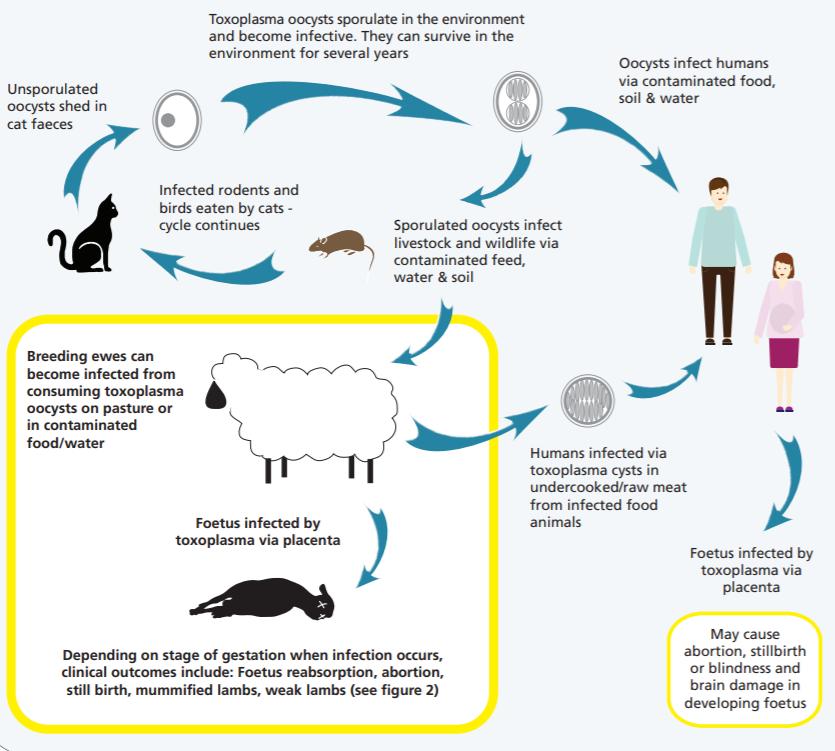
Should I rehome my farm cat?
Cats shed oocysts for around 10-14 days so by the time ewes are infected and abortions occur, your cat has developed strong immunity and has stopped shedding. Most cats will only start shedding oocysts again if they become ill or are infected with an immunosuppressive virus.
What is the outcome of infection?
After infection, Toxoplasma gondii parasites circulate in the blood of a pregnant ewe and can cross the placenta, spreading to the unborn lambs.
Depending on the timing of infection and the stage of gestation, the clinical outcome may differ.
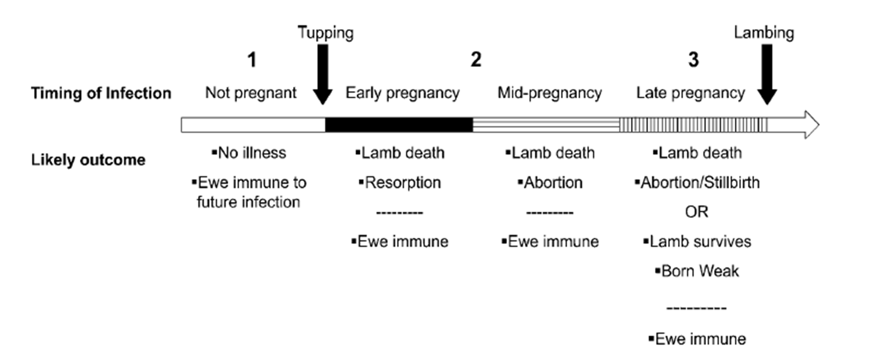
If infection occurs for the first-time in mid pregnancy, Toxoplasmosis has a profound effect on the reproductive health of the ewe. Clinical signs include abortion or stillborn and/or weak lambs often along with a small, mummified foetus.
Characteristic ’white spot’ lesions on the placenta may be present which are usually visible to the naked eye.
Infection occurring during either early or late gestation can result in foetal death and loss or abortion. However, infection in the latter part of gestation, when foetal immunity is relatively well-developed, may have no clinical effect, with the lambs being born normal, but infected and immune.
Following infection, sheep acquire an immunity. They remain immune but infected for life (with Toxoplasma gondii in tissue cysts in brain and muscle) and will not usually abort due to toxoplasmosis in future pregnancies.
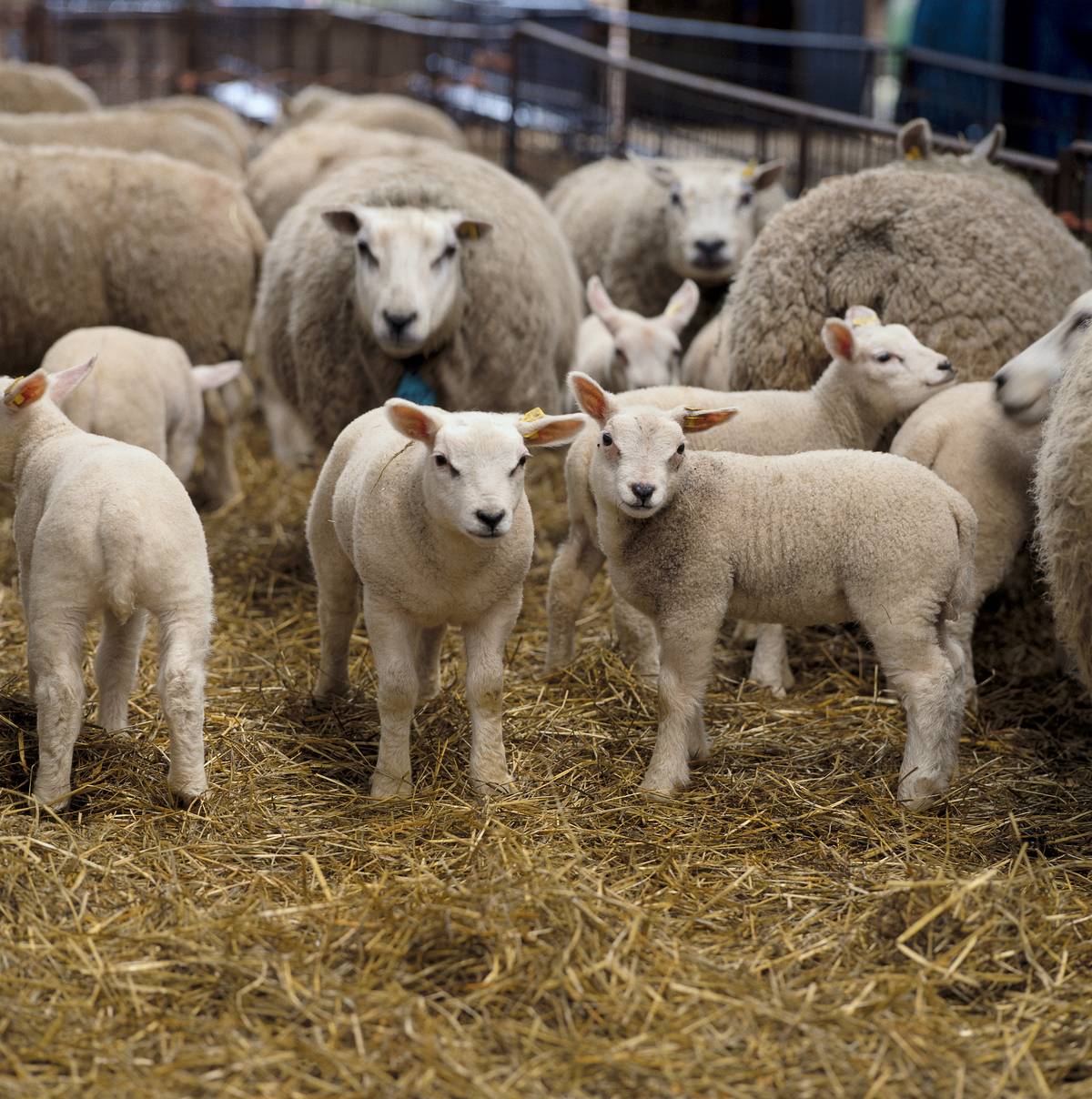
Human health considerations
Toxoplasmosis is an important zoonosis. Humans become infected by ingesting tissue cysts in undercooked meat, or consuming food or drink contaminated with Toxoplasma gondii oocysts.
If contact with animals that have aborted or have recently given birth is unavoidable, open wounds (cuts, grazes etc,) should be covered with waterproof dressings and hands should be thoroughly washed after handling animals to prevent the possibility of infection. Pregnant women should avoid all contact with ewes at lambing time or rearing orphan lambs that could be infected.
Most infections in humans are asymptomatic, but the parasite can produce devastating disease depending on the time infection occurs. Congenital infection occurs only when a woman becomes infected during pregnancy, and infections acquired during the first trimester are more severe than those in the second and third trimester. A wide spectrum of clinical disease occurs in congenitally infected children.
Control measures in sheep
Control measures include good management of food and water sources to limit the contamination with cat faeces, as well as vaccination of breeding females prior to tupping. Initially the whole flock should receive a vaccination dose at least three weeks before introduction of the ram. Replacements are vaccinated each year thereafter, again at least three weeks before tupping. Speak to your veterinary practitioner for more information.
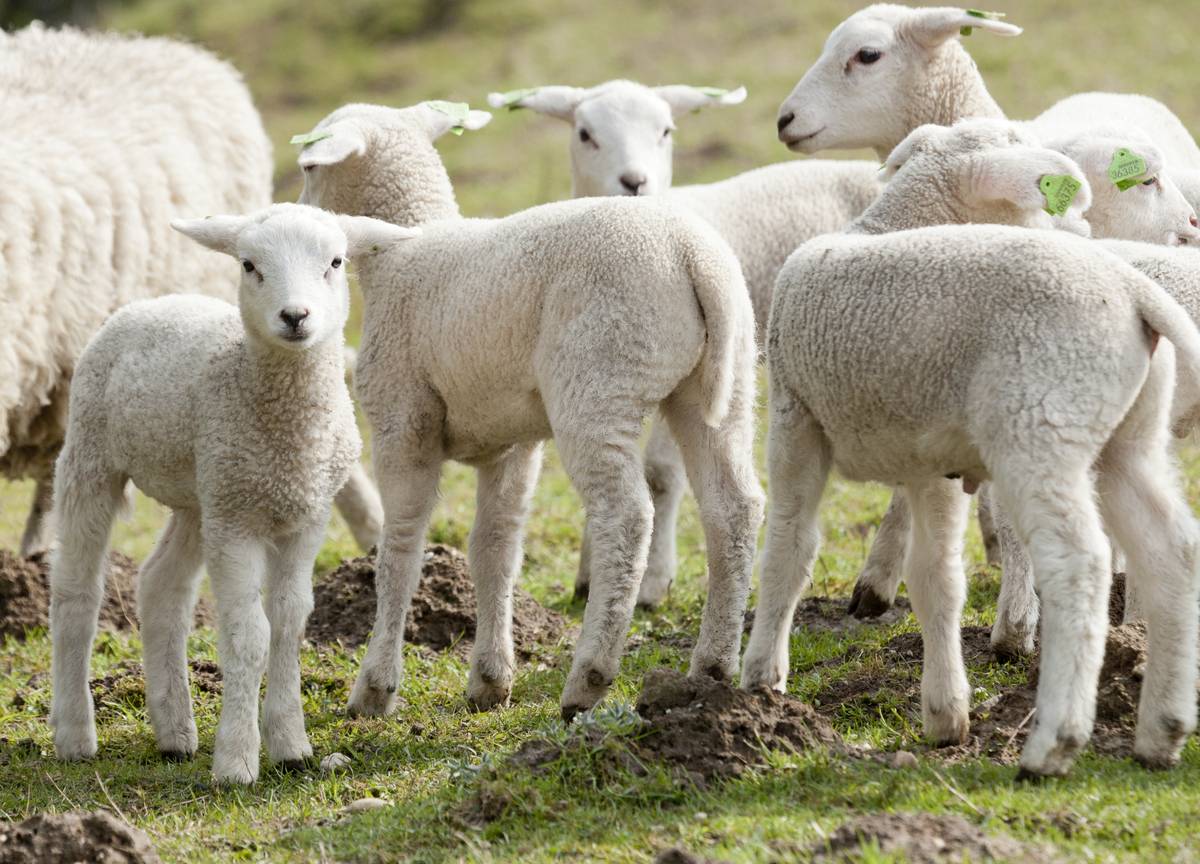
Sign up to Bovilis® product and event information

MSD Animal Health
Red Oak North, South County Business Park, Leopardstown,
Dublin 18, Ireland
vet-support.ie@msd.com
PHONE
CATTLE DISEASES





